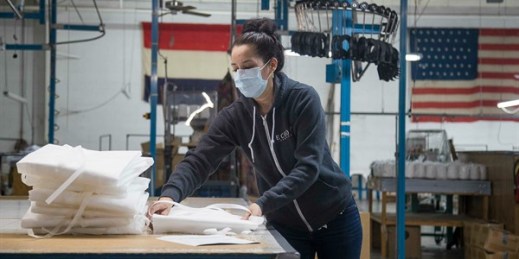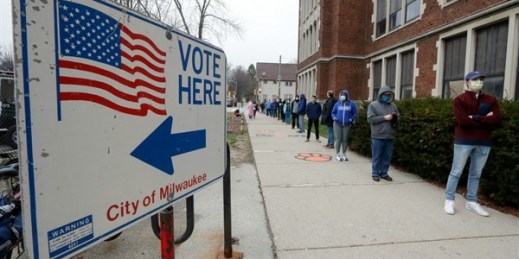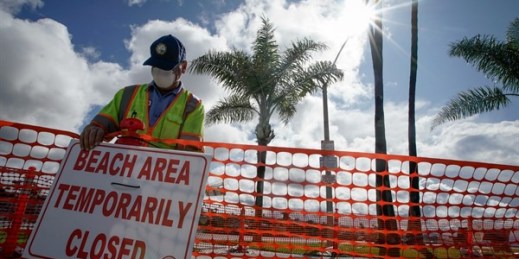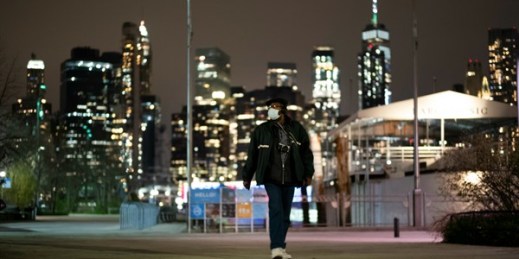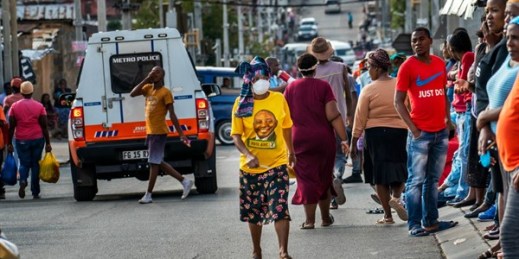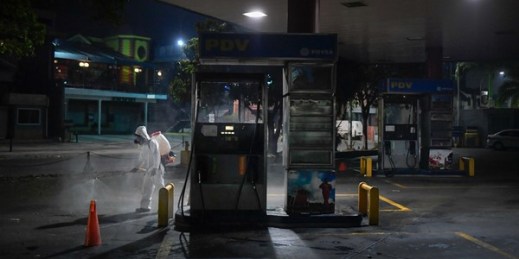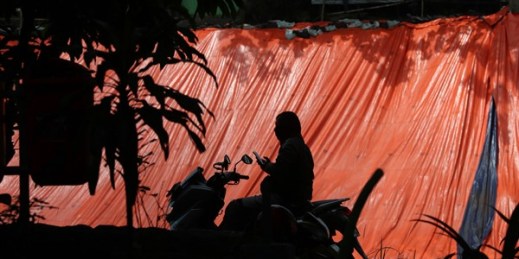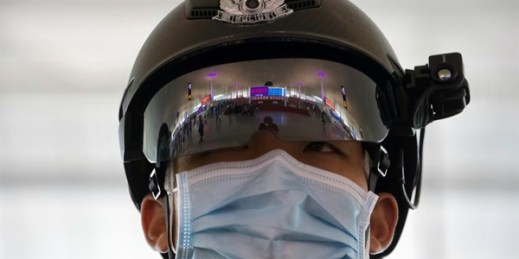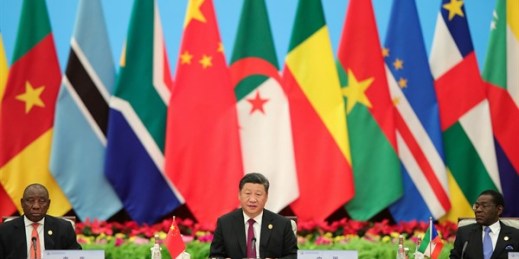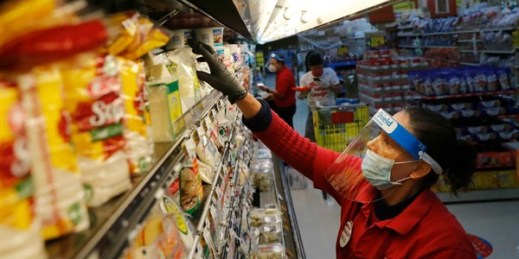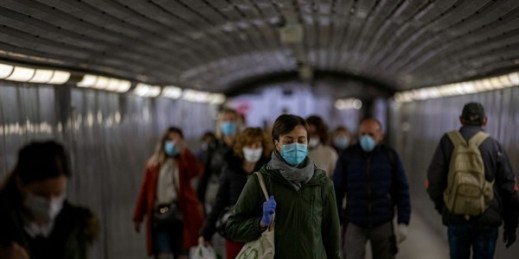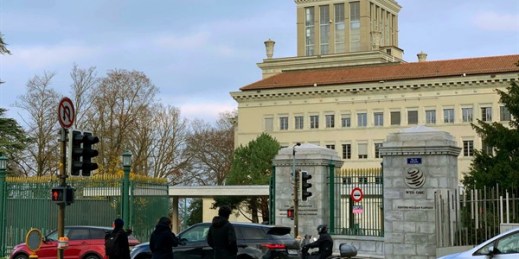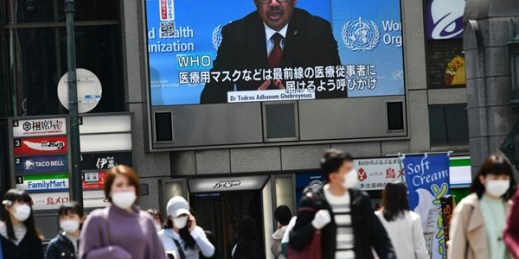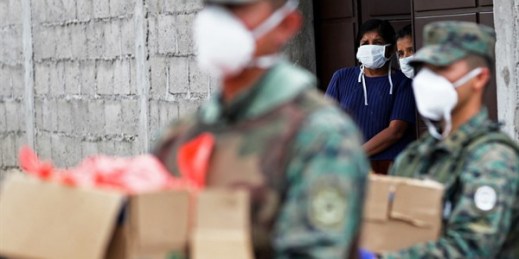
Guayaquil, the largest city in Ecuador, has emerged as Latin America’s epicenter in the COVID-19 pandemic. Though smaller in scale than the staggering outbreak in New York City, Guayaquil’s is no less devastating. Its 2.7 million inhabitants are enduring many of the same, wicked challenges that New Yorkers have been facing: a surge in confirmed cases, overwhelmed hospitals and mortuaries, and a national government that is trying to look like it is handling the crisis. Yet one thing is quite different: Guayas, the province surrounding Guayaquil, has been placed under military jurisdiction. To respond to the spread of the virus, […]

